Gestational age is measured in weeks from the first day of your last menstrual period. This means that your last period counts as part of your pregnancy. Even though you weren’t actually pregnant, your period is a signal that your body is preparing for pregnancy. Fetal growth doesn’t actually start until conception, which is when sperm fertilizes an egg. In this post I will walk you through all the important things that you need to know about early gestation and your first appointment with your Gynecologist and what to expect in your first ultrasound.
Ready? let’s begin…
First of all, I want you to know that, there are several periods before we even see a viable pregnancy on Ultrasound, Those periods are:
Ovarian period: its 1 to 2 weeks after the first day of your last period , this is the period when ovarian follicles mature.
Conception period: its 3 to 5 weeks after the first day of your last period , this is the period where fertilization occurs .
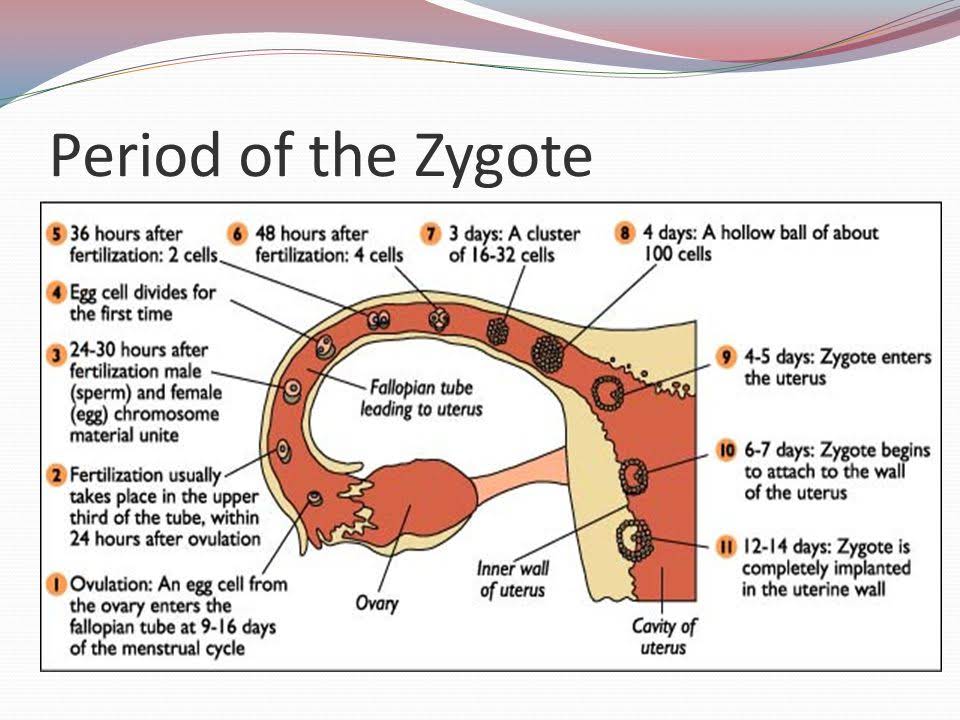
Embryonic period: its 6 to 10 weeks after the first day of your last period , is in this periods where a viable pregnancy is seen on ultrasound at about week 6 , this is the period where Embryo forms and the major organs develops.
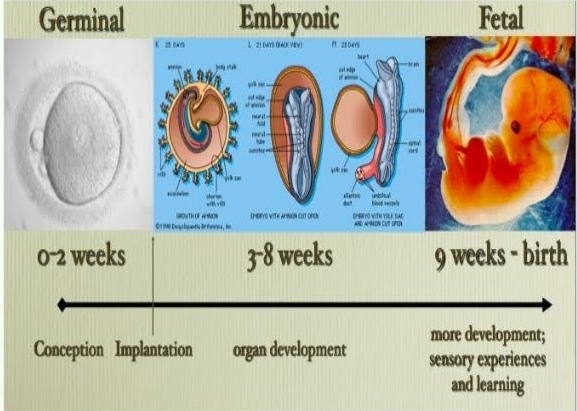
Fetal period: its 11 to 12 weeks after the first day of your last period . All major fetal development is already done and this period is all about fetal growth.
Fist trimester of pregnancy is defined as the 13 weeks following the first day of the last menstrual period (LMP).
Hormone measurements ( HCG ) : Urine pregnancy test can detect the presence of HCG at the level above 25 IU/L which corresponds to day 24 of a regular 28 day cycle.
In normal pregnancy serum HCG levels double approximately every 2 days and it is done with a blood test.
Once the HCG levels are above 1000-1500 IU, a vaginal ultrasound usually can identifies the presence of an intrauterine pregnancy.
An Ectopic pregnancy is suspected if the HCG does NOT DOUBLE in 2-3 days. If NO pregnancy is seen in the uterus by week 5 with an HCG levels of 1500 UI or more.
Learning something new? share it to your friends and other mommies!
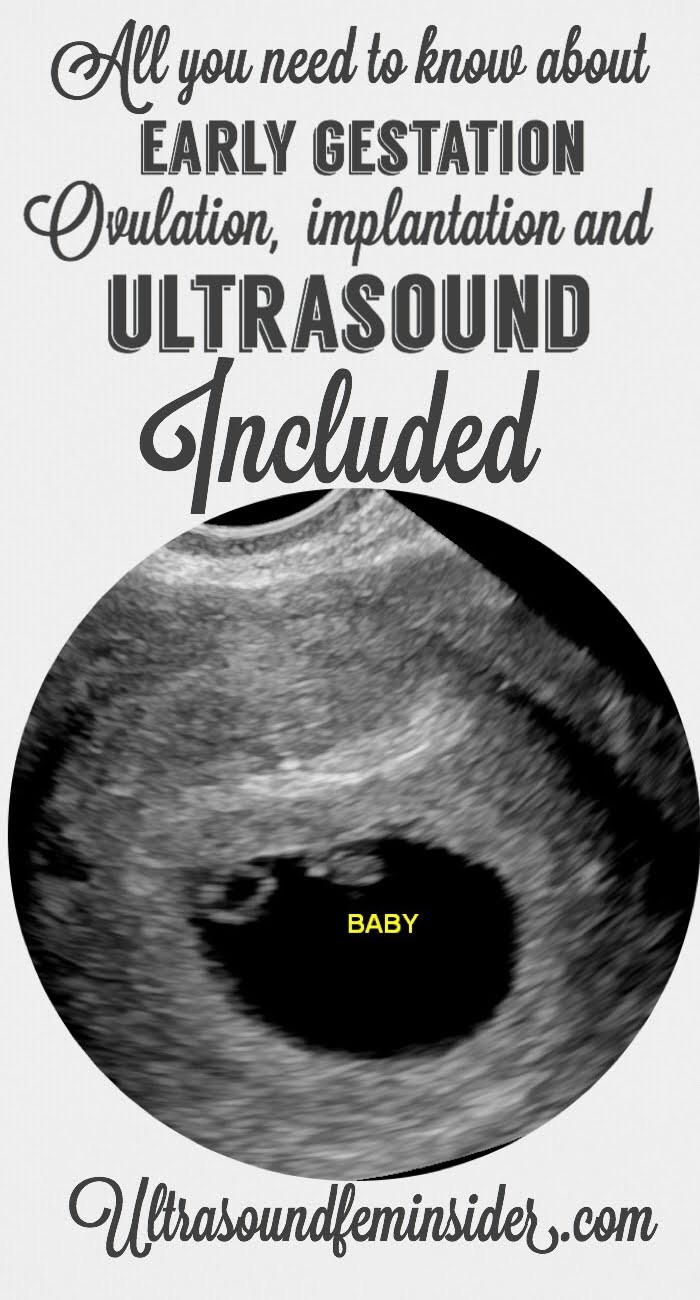
Important things to know about early gestation.
Let’s talk about Miscarriages.
Miscarriages occurs approximately on 20% of early pregnancies.
Typical miscarriages symptoms are:
- Vaginal bleeding.
- Abdominal / pelvic pain.
However some miscarriages are asymptomatic.
Risk factors for early pregnancy miscarriages are:
- Previous pregnancy losses.
- Infertility treatments.
Miscarriages are classified in 3 different major categories:
Missed Abortion or Miss AB: Retention of gestational sac within the uterus following embryonic or fetal death, Absence of cardiac activity is detected on Ultrasound.
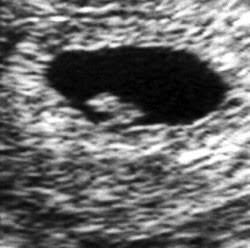
Incomplete Abortion: Gestational sac is not seen on the uterus however the cavity still appears to be thick and blood clots and/or retained products of conception are still visualized inside the cavity.
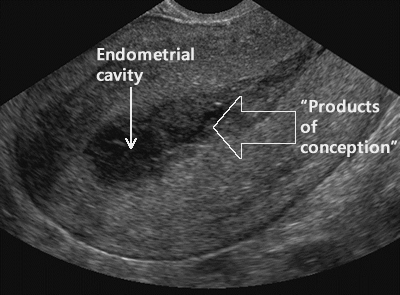
Complete Abortion: its diagnosed when the endometrial cavity appears thin and clean of products of conception after the bleeding.
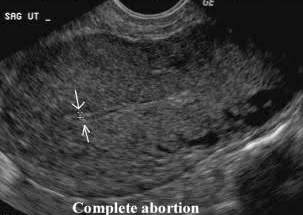
Ectopic pregnancy is defined as implantation of the fertilized ovum outside the uterine cavity.
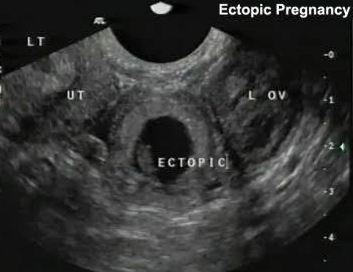
You might be interested in this post:
All about normal 7 week ultrasound.
Final thoughts about Early Pregnancy.
The excitement newly pregnant women have to see how their baby is doing via an ultrasound can send them to an Ob/Gyn quickly. However, it’s important that they’re patient when their doctor recommends waiting until they are six weeks pregnant for their first ultrasound. Here’s why. The first step women usually take after learning they’re pregnant is visiting with an Ob/Gyn. During this visit, an ultrasound is frequently done to confirm early pregnancy. But an ultrasound doesn’t immediately show what women might expect. It’s typically not until a woman is six weeks pregnant that any part of the fetus is visible, which allows the doctor to determine whether a pregnancy will be viable.
Zadi. XO
Disclaimer: Due to HIPPA compliance and regulations all patient information is protected on this site. Also the information provided on my blog is designed to provide helpful information about the topic and are made with the best of my knowledge therefore is not intended to diagnose or treat any medical condition, For diagnosis or treatments on any medical problems consult your own physician. The author is not responsible or liable for any mistreated pathologies or wrong treatments.
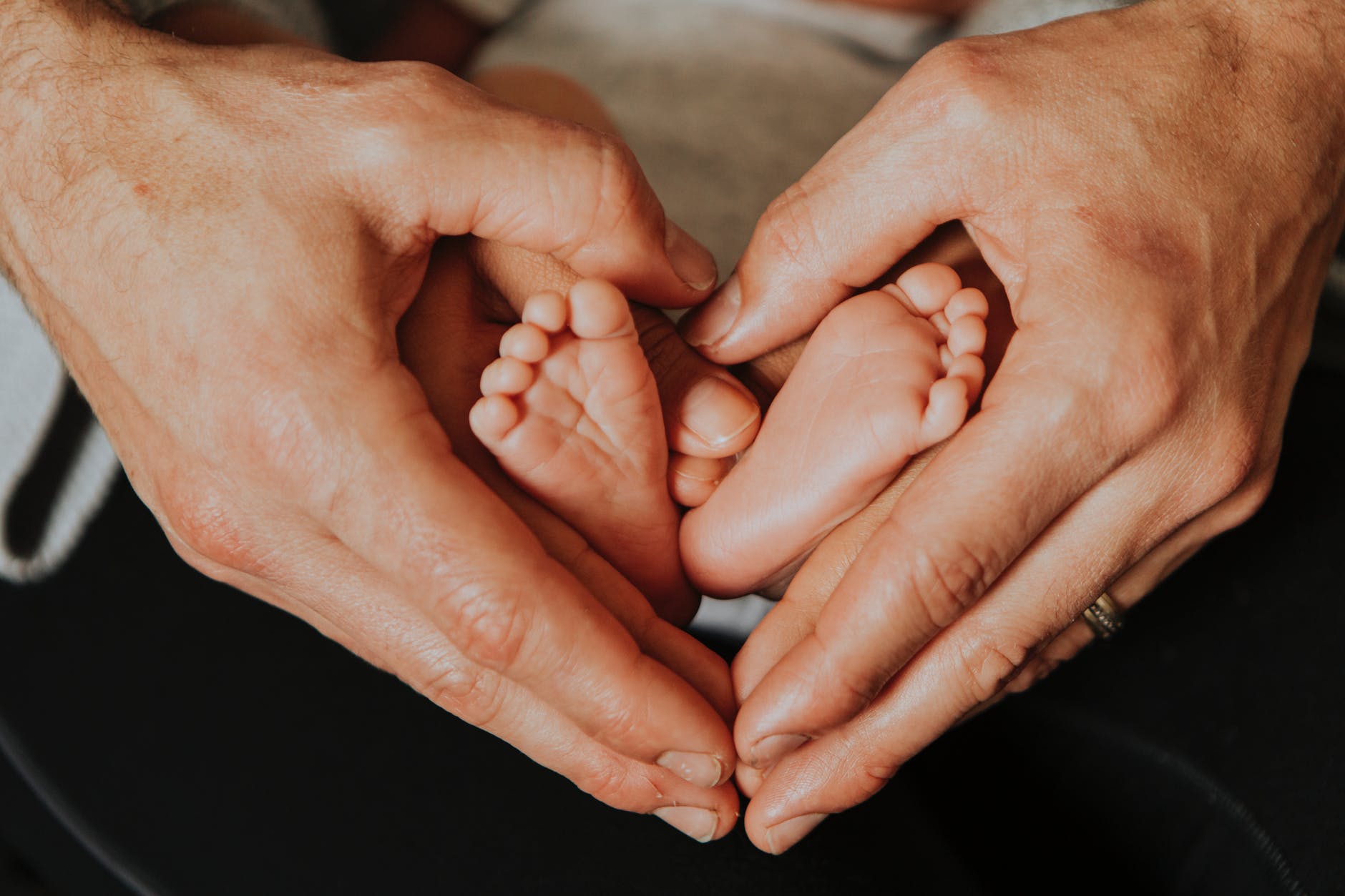









What? Happening i am new to this, I stumbled upon this I have found It absolutely useful and it has aided me out loads. I hope to contribute & assist other users like its helped me. Great job.
[…] All you need to know about early pregnancy. […]